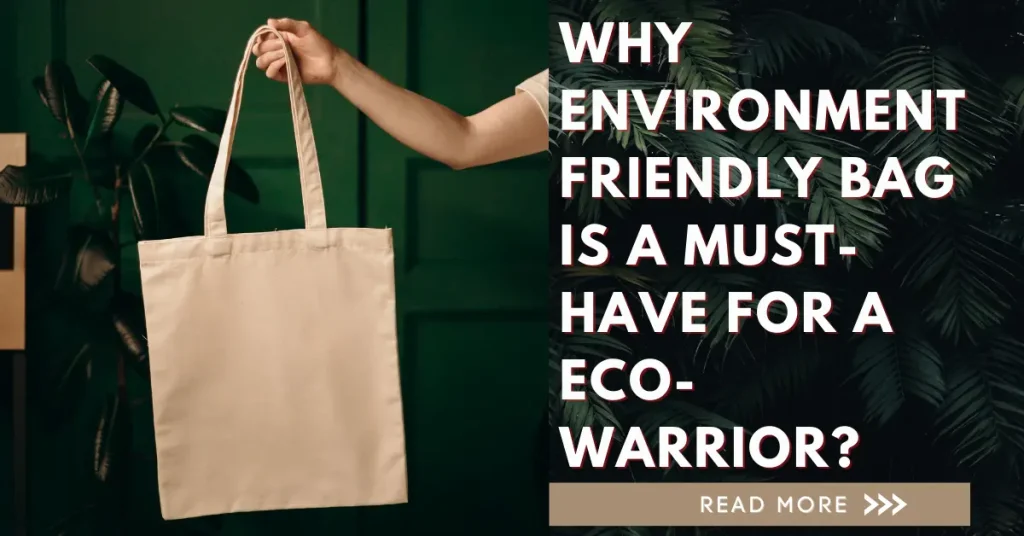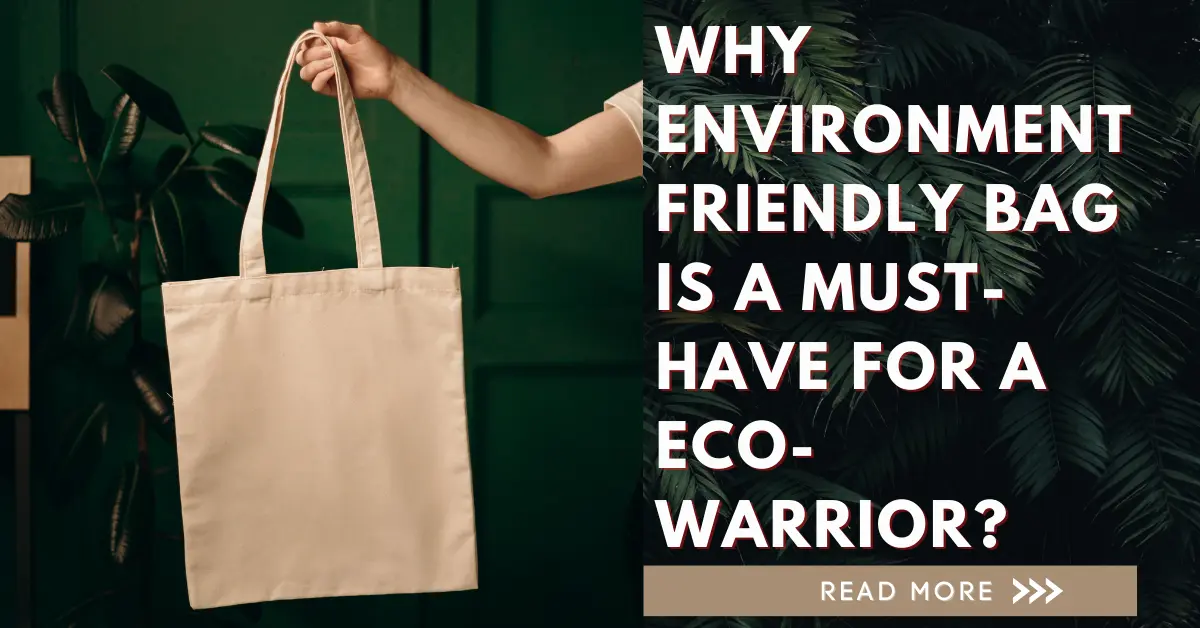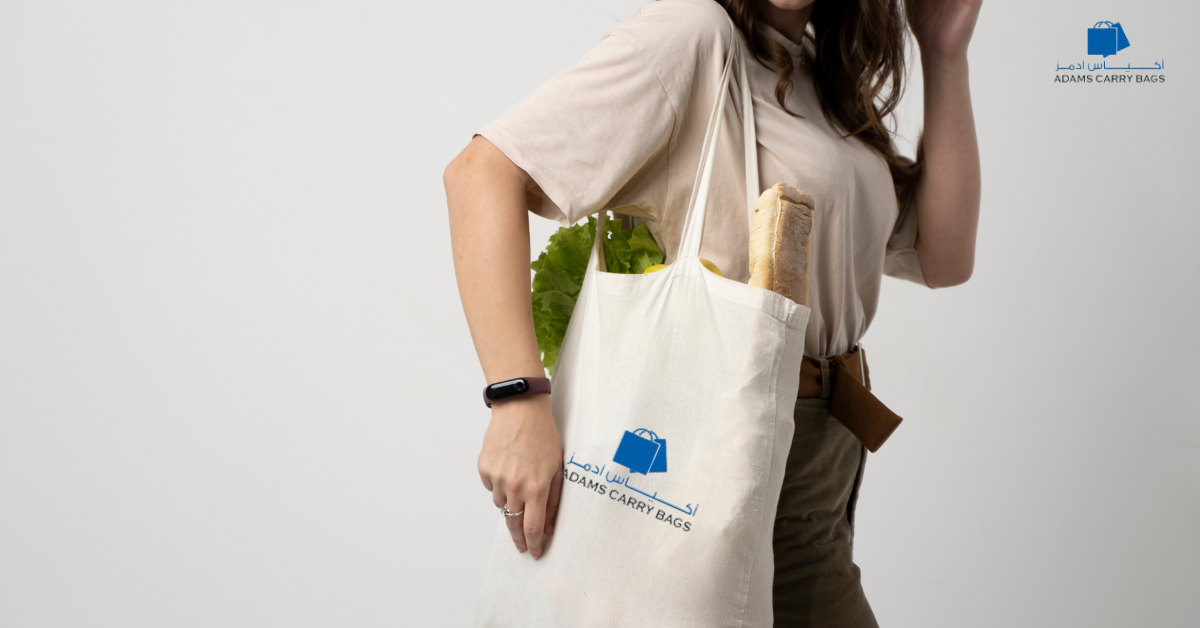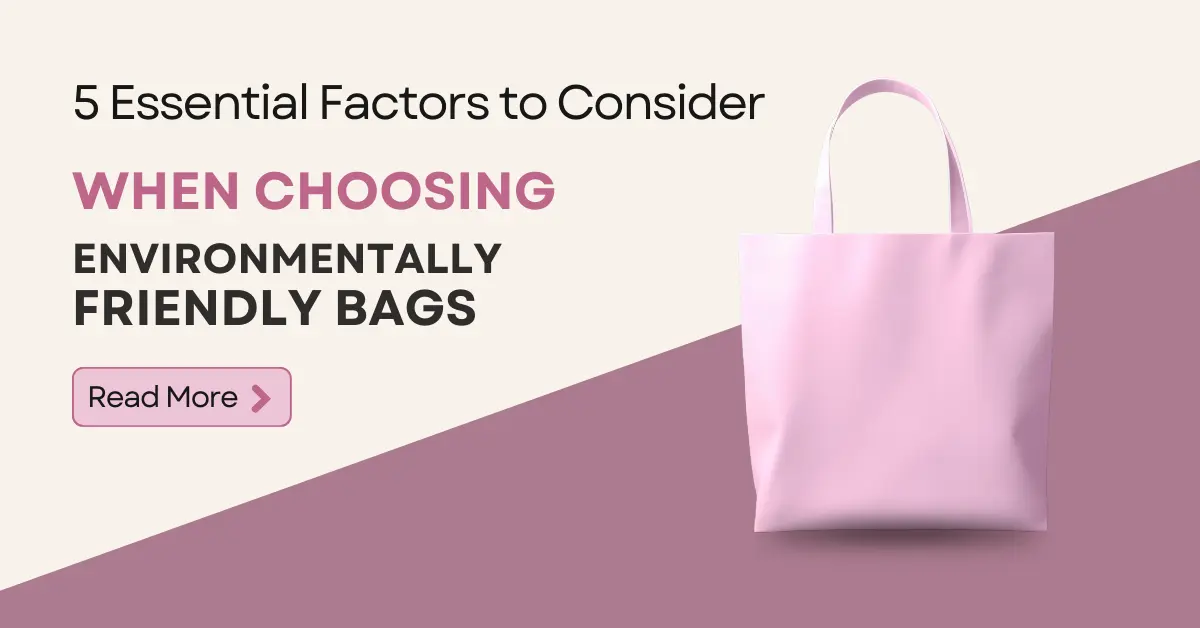
The environmental concerns are at the forefront of global conversations, the significance of using eco-friendly alternatives has never been more apparent. With issues like climate change, deforestation, and plastic pollution dominating headlines, individuals and governments alike are increasingly recognizing the urgent need for sustainable solutions. Among these alternatives, environment friendly bags stand out as essential accessories for eco-warriors, serving as tangible tools for reducing waste and minimizing environmental impact.
In this comprehensive guide, we delve deep into the realm of environment friendly bag , exploring not only their various types and benefits but also shedding light on the broader implications of their usage. From reusable canvas totes to biodegradable non-woven carry bags, the options are diverse and cater to different needs and preferences. These bags are not merely substitutes for their single-use counterparts; they represent a paradigm shift in consumer behavior, signaling a growing awareness of the interconnectedness between human actions and environmental consequences.
Beyond their practical utility, environment friendly bags symbolize a commitment to sustainable living and responsible consumption. By choosing reusable over disposable, individuals can significantly reduce their carbon footprint and contribute to the conservation of natural resources. Moreover, the adoption of these bags fosters a sense of environmental stewardship, encouraging mindful choices that prioritize the well-being of the planet over short-term convenience.
Furthermore, the benefits of environment friendly bags extend beyond environmental conservation. Studies have shown that reusable bags, when properly cared for, can last for years, offering significant cost savings compared to their single-use counterparts. Additionally, the durability and versatility of these bags make them ideal companions for various activities, from grocery shopping to beach outings and everything in between.
Moreover, the production and distribution of environment friendly bags present economic opportunities for communities around the world. As demand for sustainable products continues to rise, businesses are investing in eco-friendly alternatives, creating jobs and driving innovation in the process. From local artisans crafting handmade tote bags to large-scale manufacturers producing biodegradable packaging solutions, the green economy is steadily expanding, offering a promising path towards a more sustainable future.
In essence, environment friendly bags are more than just accessories; they are symbols of progress and hope in the fight against environmental degradation. By embracing these bags as part of our daily lives, we not only reduce waste and conserve resources but also contribute to a larger movement towards sustainability. As eco-warriors, it is our collective responsibility to lead by example and advocate for policies that support the widespread adoption of environment friendly alternatives. Together, we can make a tangible difference in building a healthier, more resilient planet for future generations.
1: Understanding Environment Friendly Bags
Environment friendly bags represent more than just a practical solution to the problem of plastic pollution. They embody a larger cultural shift towards sustainability and responsible consumption, reflecting our collective desire to live in harmony with the natural world. By choosing environment friendly bags, we not only reduce our environmental impact but also contribute to a brighter, more sustainable future for all.
The foundation by defining what environment friendly bags entail. These bags are not just a passing trend but represent a pivotal shift towards sustainability in consumer behavior. They are a tangible expression of our commitment to reducing our environmental footprint and preserving the planet for future generations. Unlike their single-use counterparts, which contribute to the ever-growing mountains of plastic waste, environment friendly bags offer a sustainable alternative that minimizes harm to the environment.
From reusable canvas totes to innovative non-woven carry bags made from recycled materials, the options are diverse and tailored to meet the varied needs and preferences of consumers. Reusable bags, for example, are designed to withstand the rigors of daily use, offering a durable and long-lasting solution for transporting groceries, clothes, and other essentials. With their sturdy construction and reinforced handles, these bags can carry heavy loads without the risk of tearing or breaking, making them ideal for everyday use.
Non-woven carry bags, on the other hand, are crafted from synthetic fibers that are bonded together rather than woven. This manufacturing process not only eliminates the need for water-intensive weaving but also produces a material that is lightweight, durable, and water-resistant. Moreover, non-woven bags can be easily recycled at the end of their lifespan, further reducing their environmental impact and closing the loop on the production cycle.
In addition to their practical benefits, environment friendly bags also serve as powerful symbols of conscious consumerism and environmental stewardship. By choosing reusable or biodegradable alternatives over single-use plastics, individuals demonstrate their commitment to reducing waste and minimizing their ecological footprint. This shift in consumer behavior not only has immediate environmental benefits but also sends a clear message to manufacturers and policymakers about the growing demand for sustainable products and practices.
Furthermore, the widespread adoption of environment friendly bags has the potential to catalyze broader systemic change. As more consumers embrace sustainable alternatives, businesses are compelled to reevaluate their production processes and supply chains, leading to innovations in materials sourcing, manufacturing techniques, and packaging design. This ripple effect extends beyond the realm of bags and packaging, influencing industry practices across sectors and driving the transition towards a more sustainable economy.
2: The Rise of Reusable Bags
Reusable bags have indeed emerged as a beacon of hope in the ongoing battle against single-use plastic pollution. Their rise in popularity is not just a trend but a reflection of a growing awareness of the environmental impact of our daily choices. These versatile companions go beyond mere convenience; they serve as tangible symbols of our commitment to reducing waste and promoting sustainable practices.
With their sturdy construction and ergonomic designs, reusable bags offer a practical and eco-friendly solution for everyday shopping needs. Unlike flimsy plastic bags that often tear or break under pressure, reusable bags are built to last, with reinforced seams and durable materials that can withstand the rigors of repeated use. Whether it’s carrying groceries from the store to home or transporting essentials for a day at the beach, reusable bags provide a reliable and long-lasting alternative to their single-use counterparts.
But the benefits of reusable bags extend far beyond their durability. By encouraging us to carry our own bags when shopping, they help minimize the demand for disposable plastic bags, which are a major contributor to pollution on land and in our oceans. Every time we choose to use a reusable bag instead of accepting a plastic one, we are taking a small but significant step towards reducing our environmental footprint and preserving the planet for future generations.
Moreover, reusable bags promote a culture of conscious consumption by encouraging us to think critically about the products we buy and the impact they have on the environment. When we invest in a reusable bag, we’re not just purchasing a functional item; we’re making a statement about our values and priorities. We’re signaling to businesses and policymakers that we care about sustainability and expect them to do their part in protecting the planet.
The versatility of reusable bags makes them suitable for a wide range of activities beyond just shopping. Many reusable bags are designed with multiple compartments, pockets, and straps, making them ideal for organizing and carrying everything from gym clothes to picnic supplies. By incorporating reusable bags into various aspects of our daily lives, we can further reduce our reliance on disposable plastics and embrace a more sustainable lifestyle overall.
3: Non-Woven Carry Bags: A Sustainable Choice
Non-woven carry bags have indeed gained traction for their eco-friendly attributes and durability, and for good reason. Unlike traditional plastic bags, which contribute to the ever-growing mountains of landfill waste and pose a significant threat to marine life, non-woven bags offer a sustainable alternative that minimizes harm to the environment.
Crafted from recyclable materials such as polypropylene, non-woven bags are designed to be durable, lightweight, and water-resistant. Their unique manufacturing process involves bonding synthetic fibers together rather than weaving them, resulting in a material that is both strong and flexible. This innovative approach not only reduces the consumption of raw materials but also minimizes the environmental impact of production, making non-woven bags a greener choice for conscientious consumers.
Moreover, the durability of non-woven bags ensures their longevity, allowing them to withstand the rigors of daily use without succumbing to wear and tear. Whether it’s carrying groceries, books, or gym gear, non-woven bags can handle heavy loads with ease, making them a practical and reliable option for a wide range of activities.
But perhaps the most compelling aspect of non-woven bags is their potential for reuse and recycling. Unlike single-use plastic bags, which are often discarded after a single use and end up clogging landfills or polluting our oceans, non-woven bags can be used again and again, reducing the need for disposable alternatives. And when the time does come to retire a non-woven bag, it can be easily recycled into new products, closing the loop on the production cycle and further minimizing waste.
In essence, non-woven carry bags exemplify the idea that sustainability and durability can indeed go hand in hand. By choosing non-woven bags over traditional plastic bags, consumers not only reduce their environmental footprint but also support a more sustainable economy. These bags are more than just practical accessories; they are symbols of our commitment to protecting the planet and preserving its resources for future generations.
4: Embracing Eco-Friendly Innovations
Innovation lies at the heart of the environment friendly bag industry. From cutting-edge materials to revolutionary designs, manufacturers are continually pushing the boundaries to create bags that are both environmentally responsible and aesthetically pleasing. Whether it’s incorporating renewable resources or pioneering biodegradable alternatives, eco-friendly innovations are driving positive change in the way we carry and transport goods.
5: Quality That Stands the Test of Time
The Quality is non-negotiable when it comes to environment friendly bags. Unlike their disposable counterparts, which often succumb to wear and tear after a few uses, environment friendly bags are built to last. Whether it’s stitching techniques, material selection, or reinforcement mechanisms, every aspect is meticulously designed to withstand the rigors of daily use, ensuring a long-lasting and sustainable solution for consumers.
6: The Impact of Environment Friendly Bags
The adoption of environment friendly bags indeed has far-reaching implications for both the environment and society at large. Beyond just providing a convenient way to carry our groceries or belongings, these bags play a crucial role in mitigating pollution, conserving resources, and protecting wildlife habitats.
By reducing our reliance on single-use plastics, environment friendly bags help address one of the most pressing environmental challenges of our time: plastic pollution. Every year, millions of tons of plastic waste end up in landfills, rivers, and oceans, where they wreak havoc on ecosystems and endanger marine life. By choosing reusable or biodegradable alternatives, we can significantly reduce the amount of plastic entering our environment and minimize its harmful effects.
Furthermore, environment friendly bags contribute to the conservation of resources by promoting a more sustainable approach to consumption. Unlike single-use plastics, which are made from finite fossil fuels and require significant energy to produce, environment friendly bags are often crafted from renewable materials or recycled resources. This not only reduces our dependence on non-renewable resources but also helps minimize the environmental footprint of bag production and disposal.
Moreover, environment friendly bags serve as tangible symbols of individual responsibility and collective action in the fight against climate change and environmental degradation. By making conscious choices about the products we use and the materials we consume, we send a powerful message to businesses, policymakers, and society as a whole about the importance of sustainability. In doing so, we inspire others to join us in embracing eco-friendly practices and working towards a greener, more sustainable future for all.
In essence, the adoption of environment friendly bags represents more than just a shift in consumer behavior; it reflects a broader cultural movement towards environmental consciousness and stewardship. By choosing these bags over their disposable counterparts, we demonstrate our commitment to protecting the planet and preserving its natural beauty for generations to come. And as more individuals and communities embrace sustainable practices, we move closer to creating a world where both people and the planet can thrive in harmony.
Environment friendly bag are not just accessories but agents of change in the fight against environmental degradation. From their eco-friendly materials to their durability and innovation, these bags embody the ethos of sustainable living. As eco-warriors, it is incumbent upon us to champion their use and advocate for policies that promote their widespread adoption. Together, we can make a difference, one bag at a time.





